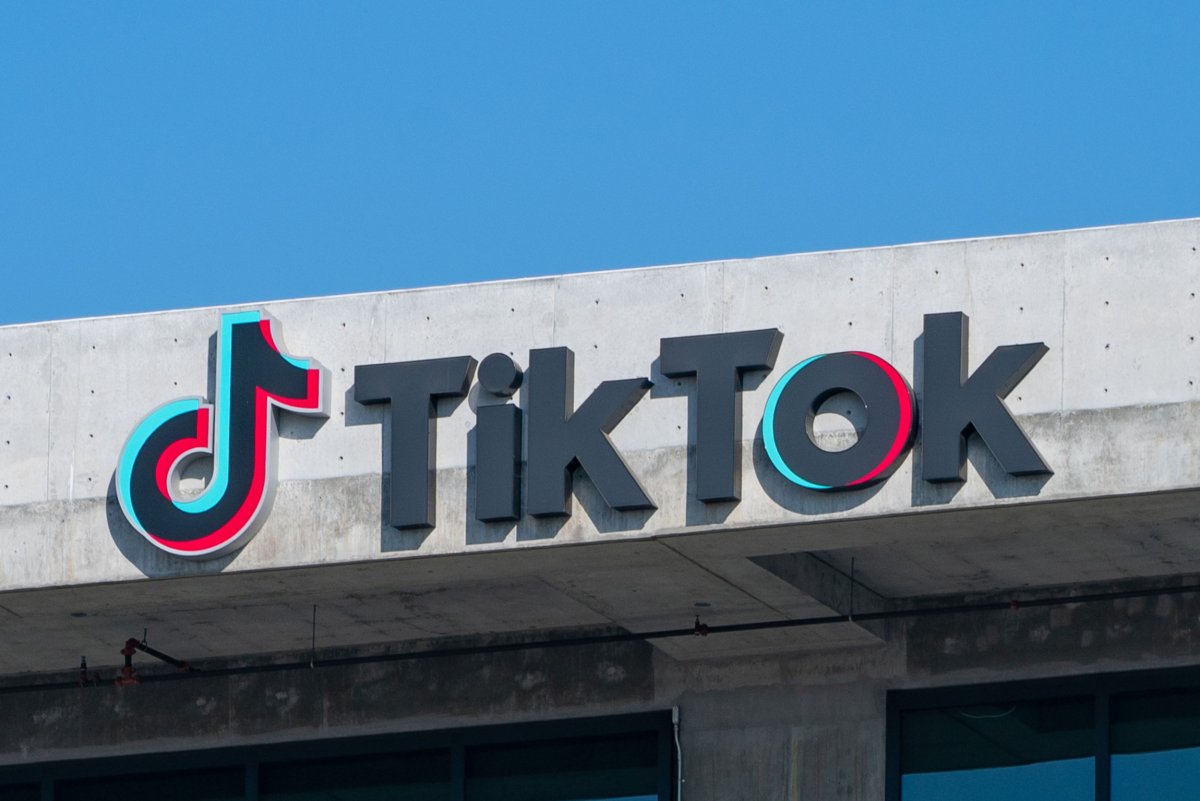Chinese Deputy Foreign Minister Hua Chunying has taken aim at U.S. over its fears of Beijing security threats from a range of sources, from popular video-sharing app TikTok to the balloon that floated across the country last year.
"If the only tool you have is a hammer, everything looks like a nail," Hua wrote on social media last week, suggesting Washington jumps at every Chinese shadow.
The post featured images of various topics that U.S. officials have flagged as national security concerns.
Among these was TikTok, owned by the Chinese internet technology company ByteDance, which has been under intense scrutiny in Washington for years.
This month, lawmakers in the bipartisan House Select Committee on the Chinese Communist Party introduced a bill that, according to TikTok, amounts to a ban.
If the only tool you have is a hammer, everything looks like a nail. pic.twitter.com/C30QlVIlHK
— Hua Chunying 华春莹 (@SpokespersonCHN) March 3, 2024
The bill would require TikTok to divest from ByteDance within six months or face exclusion from mobile app stores.
TikTok and the Chinese embassy in the U.S. didn't immediately respond to written requests for comment.
The post also touched on the telecoms giant Huawei, which has faced U.S. sanctions and lobbying efforts aimed at convincing U.S. allies to ban the company from building 5G infrastructure in their countries.
NATO member Romania recently became the latest to deny Huawei's request to supply 5G equipment, aligning with the U.S.'s stance and the European Union's recent classification of Huawei and ZTE as "high-risk suppliers."
Hua referenced the incident involving a Chinese surveillance balloon that drifted across the U.S. early last year before being shot down on President Joe Biden's order.
Also mentioned is a congressional report revealing broadband modems have been found in Chinese-manufactured cargo cranes at U.S. ports, again raising espionage fears in the country.
Another entry on the post's "U.S. ' China Threat' Dictionary" list was Chinese ownership and use of U.S. agricultural land, specifically the now-canceled corn milling plant a Chinese company had proposed to build about 12 miles from a U.S. Air Force base in North Dakota.
This recalled actions by states like Florida and Missouri, which have restricted land purchases by entities from countries considered adversarial, including China.
The post didn't spare the agricultural sector either, with a nod to U.S. Senator Rick Scott's call for an investigation into Chinese garlic production methods, alleging unsanitary conditions and the use of "slave labor" as well as dumping the vegetable in the U.S. at below market prices.

Lastly, Hua's list featured electric vehicles. The Biden administration has expressed cybersecurity concerns regarding "connected vehicles with technology from countries of concern," over concerns Chinese government-linked actors could exploit internet connectivity to access data or control them remotely.
This is not the first time Hua has used sarcasm on social media to push Beijing's narrative.
However, her approach has not been without controversy, as evidenced by past instances where her comments have sparked debate or mockery online, underscoring the complex, often contentious nature of U.S.-China relations.
In 2022, Hua raised eyebrows when a social media post meant to lend credence to China's claim over self-governed Taiwan, which China considers a rogue province, fell flat.
Noting there were dozens of restaurants in the Taiwanese capital serving cuisine from the Chinese provinces of Shanxi and Shandong, she wrote: "Palates don't cheat. Taiwan has always been part of China. The long-lost child will eventually before home.
Many netizens on X (formerly Twitter) found flaws in the Chinese official's logic, pointing out the prevalence of many other cuisines in Taipei as well as the popularity of Western restaurants in Beijing.
Uncommon Knowledge
Newsweek is committed to challenging conventional wisdom and finding connections in the search for common ground.
Newsweek is committed to challenging conventional wisdom and finding connections in the search for common ground.
About the writer
Micah McCartney is a reporter for Newsweek based in Taipei, Taiwan. He covers U.S.-China relations, East Asian and Southeast Asian ... Read more
To read how Newsweek uses AI as a newsroom tool, Click here.






